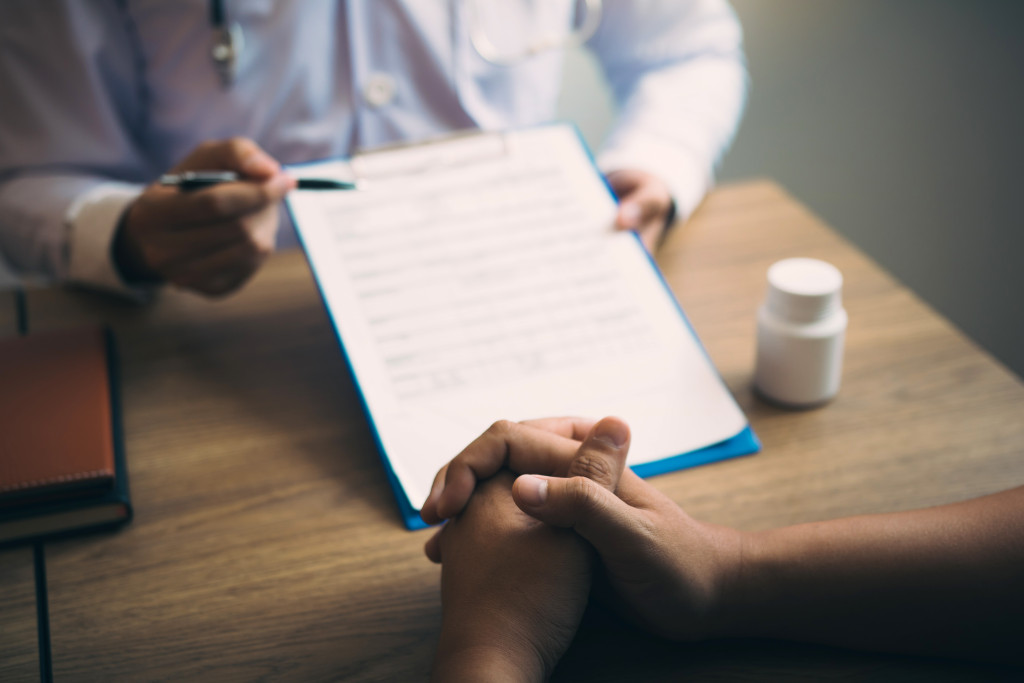Pharmacovigilance limitations: Understanding the intricacies
- 04/01/2024
Postmarketing surveillance relies on pharmacovigilance. It ensures that safety events related to drug use throughout its lifetime are collected, evaluated, and acted upon as necessary. This is done to ensure the ongoing safe use of medicines. At the point of market approval, a medicinal product’s risks and adverse effects remain undisclosed. Therefore, postmarketing safety surveillance is critical for ensuring safe and appropriate use of medicinal products. While the pharmacovigilance system has made significant strides in enhancing drug safety, it is not without its limitations. This article will delve into some of the pharmacovigilance system’s key challenges and constraints.
Pharmacovigilance limitation: Underreporting
One of the primary limitations of the pharmacovigilance system is the issue of underreporting. Underreporting is a significant limitation of spontaneous notification systems, as it is estimated that only 6–10% of all ADRs are reported. Healthcare professionals, patients, and even pharmaceutical companies may fail to report adverse drug reactions (ADRs) for various reasons. These reasons include lack of awareness, time constraints, and fear of legal consequences. Additionally, some may perceive the event as not severe enough to warrant reporting. This underreporting can lead to an incomplete and inaccurate representation of the actual safety profile of a drug.
Pharmacovigilance data incompleteness
Pharmacovigilance relies heavily on the availability of comprehensive and accurate data. However, data may need to be completed or biased due to various factors. For example, the information gathered may need more details about the patient, the drug regimen, or the circumstances surrounding the adverse event. Additionally, some ADRs may go unnoticed or undetected if they occur after the completion of clinical trials, emphasizing the need for postmarketing surveillance.
Variability in reporting standards
The pharmacovigilance system faces a big challenge because there’s a lack of consistent reporting requirements across different regions and healthcare systems. When reporting standards vary, it is difficult to collect data consistently, making it tricky to compare and analyze safety information globally. There are ongoing efforts to create international standards for reporting, but making them uniform is still a complex task.
Pharmacovigilance limitations in Signal detection
Identifying potential safety signals amid the vast amount of data collected is complex. The pharmacovigilance system relies on sophisticated tools and algorithms to detect signs that may indicate previously unrecognized ADRs. However, these tools may have limitations, and the sheer volume of data can overwhelm the system, potentially causing relevant signals to be overlooked.
Pharmacovigilance limitations arising from Resource constraints
Effective pharmacovigilance requires dedicated resources, including skilled personnel, advanced technologies, and financial investments. Many countries, particularly those with limited healthcare infrastructure, may need help establishing and maintaining robust pharmacovigilance systems. This resource constraint can hinder the timely and efficient monitoring of drug safety.
Delayed reporting
Timely reporting of ADRs is crucial for preventing further harm to patients. However, factors such as incomplete information, uncertainty about causality, or bureaucratic processes often attribute delays in reporting. Delays in reporting can impede the swift implementation of risk mitigation strategies.
Conclusion
While the pharmacovigilance system has undoubtedly improved drug safety over the years, it is essential to recognize and address its limitations. Efforts to enhance reporting mechanisms, standardize practices, and allocate adequate resources are crucial to overcoming these challenges. By continually refining and strengthening the pharmacovigilance system, we can better ensure the safety of pharmaceutical products and protect patients’ well-being worldwide.



